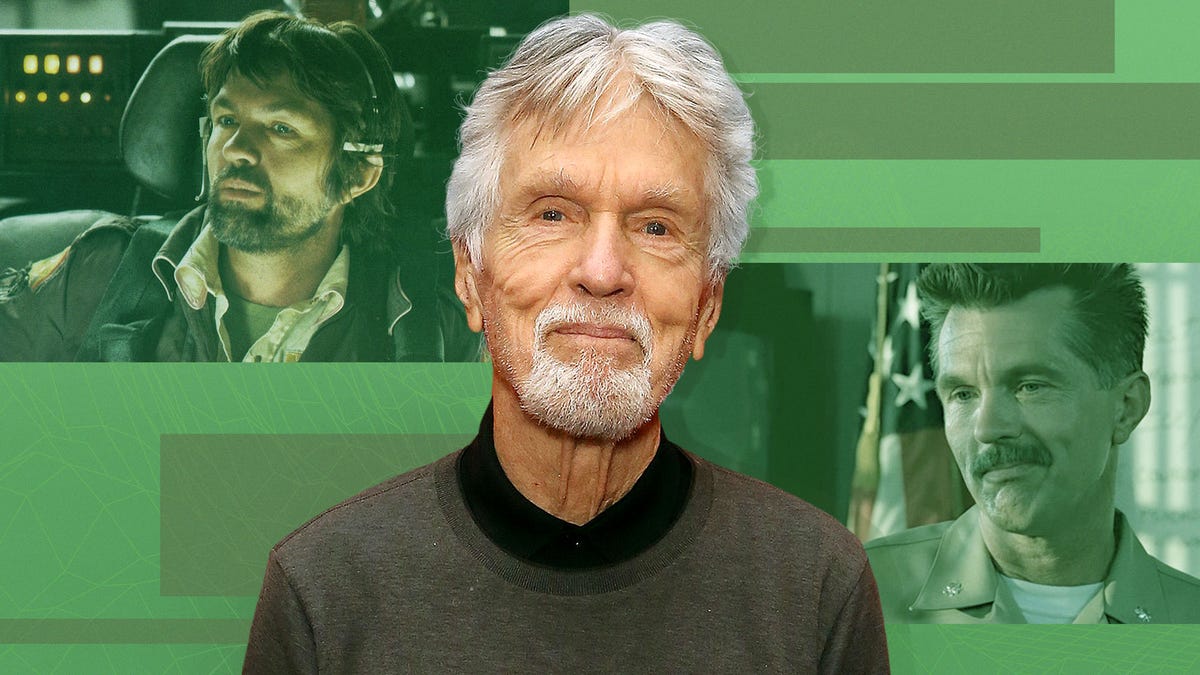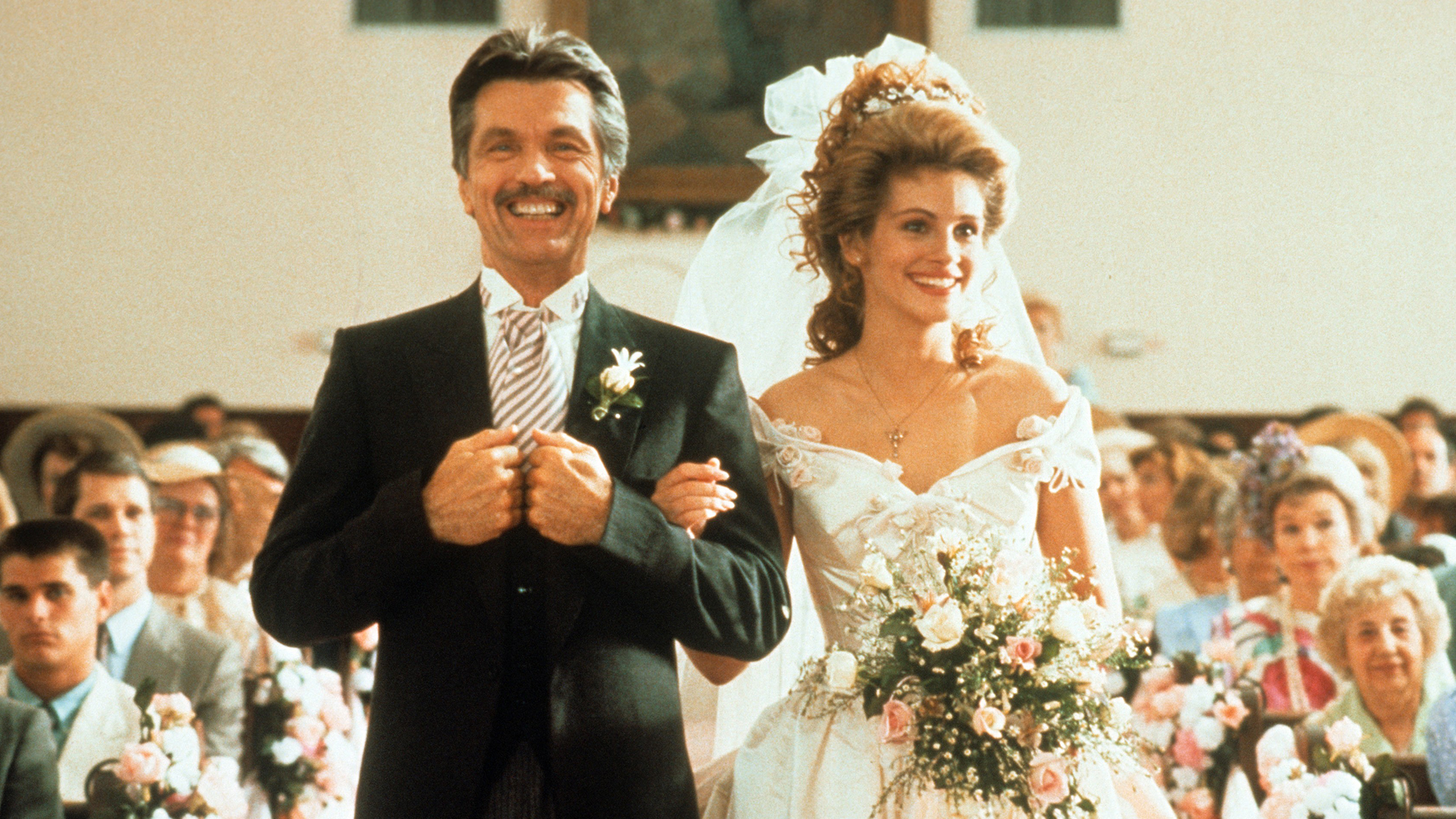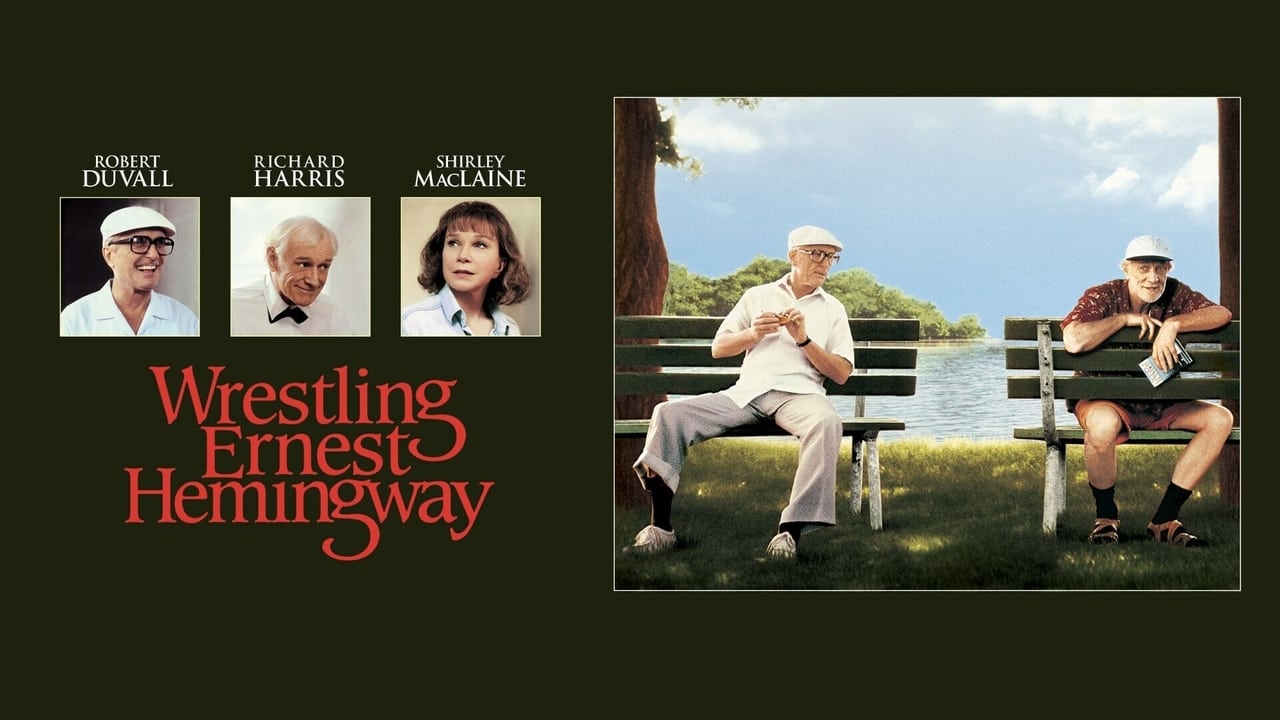Robert Duvall & Tom Skerritt ~ 60 Years Of Film
Nov 10, 2022 1:40:48 GMT
spiderwort, teleadm, and 2 more like this
Post by petrolino on Nov 10, 2022 1:40:48 GMT
Robert Duvall (January 5, 1931, San Diego, California, U.S.)
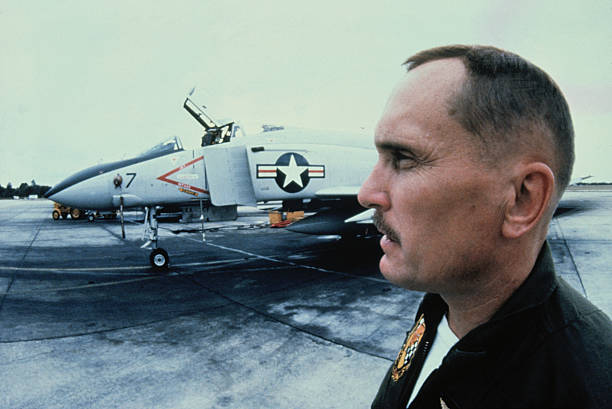
With Kay Lenz, (possibly) Colleen Camp, Dirk Benedict, and Steve Railsback celebrating 50 years in film, I feel it's important not to forget those veteran performers marking 60 years in film. This includes a pair of actors who served in the U.S. military and go back a long way.
Robert Duvall's film debut is the stuff of movie legend. In Robert Mulligan's legal drama 'To Kill A Mockingbird' (1962), Duvall played one of the most iconic characters in American literature, social outcast Boo Radley. The film was based on Harper Lee's novel 'To Kill A Mockingbird' (1960) which won the Pulitzer Prize.
"I knew a wonderful young lady that once told me that “you can do rural, but you can do urban, too.” But I saw a film two nights ago that I had forgotten about called 'Convicts'. It’s one of the best performances I’ve ever given. It definitely was very, very rural, by Horton Foote.
You see, when I was coming up, (Francis) Coppola and Horton Foote from Texas were very helpful in getting my career going and keeping it going. And then Ulu Grosbard, the film and stage director on the East Coast, I did like four theater pieces with him in one film. But whenever I’d get a script that I wanted an appraisal of, I would send it to Ulu and he would read it right away. So those three people were very instrumental in my developing as an actor.
- Robert Duvall, The A.V. Club (article published March 25, 2022)
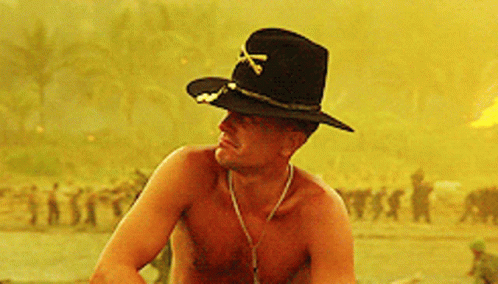
In 1995, 'To Kill A Mockingbird' was selected by the Library of Congress for preservation in the National Film Registry as being "culturally, historically, or aesthetically" significant. In 2003, the American Film Institute named crusading lawyer Atticus Finch (played by Gregory Peck) the greatest movie hero of the 20th century.
Robert Duvall speaking with Seth Meyers
To date, 'To Kill A Mockingbird' is the first of eight films that Robert Duvall has appeared in to have been selected for the National Film Registry by the Library of Congress as being "culturally, historically or aesthetically" significant : the others are Peter Yates' crime thriller 'Bullitt' (1968), Robert Altman's army satire 'M.A.S.H.' (1970), Sidney Lumet's media satire 'Network' (1976), and four films directed by Francis Coppola; 'The Godfather' (1972), 'The Conversation' (1974), 'The Godfather : Part II' (1974) and 'Apocalypse Now' (1979).
Fun Fact : Contrary to popular belief, Robert Duvall and Shelley Duvall are not related.
- -
All That Jazz

TRIVIA : Robert Duvall and Tom Skerritt are both accomplished trumpet players. Duvall played clarinetist and trumpeter Eddie Moon on an episode of 'The Untouchables' in the early 1960s. In the late 1960s, Duvall and Skerritt appeared alongside Peter Falk in an episode of 'Run For Your Life'.
- -
Tom Skerritt (August 25, 1933, Detroit, Michigan, U.S.)
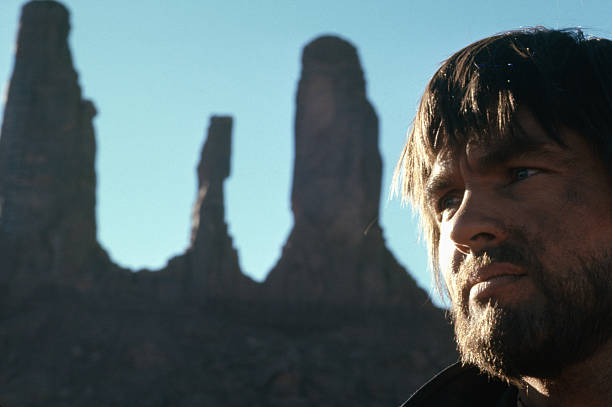
Independent filmmaker Denis Sanders is well known among horror movie fans for having directed the monster movie 'Invasion Of The Bee Girls' (1973) which was co-scripted by Sylvia Schneble and novelist Nicholas Meyer. One of Sanders' most successful early ventures was the philosophical war drama 'War Hunt' (1962). The film's young cast included Robert Redford, John Saxon, and seasoned television actor Sydney Pollack. Shot for around $250,000, this small-scale production employed Noel Black as an electrician and Francis Coppola as a transport driver. It also featured Tom Skerritt in his film debut.
"When I was in high school and going to movies, I was going to the wonderful European movies that were coming out. I remember these wonderful films coming from England that were so dryly humorous with Alec Guinness and Peter Sellers and all these other wonderful straight men doing these bizarre comedies. The idea of perhaps writing for film appealed to me but I never really thought about acting per se. I was shy and self-conscious, which is a genetic thing. I was a major in college at UCLA and I saw “Citizen Kane” and I wanted to write and direct to that level — I set my standards rather high there. How I ever got to acting, I don’t know. I thought I had to feel what it was like to be an actor in order to write for one. If you want to know what “hot” is, you have to touch it. It isn’t an intellectual thing. Some guys wanted me to be in a little $1.98 movie they were making with a few other guys (1962’s “War Hunt”) , one of whom was Robert Redford and another was Sydney Pollack, back when he was still a wonderful actor. I was very impressed with these two guys — I didn’t know how to act in movies because theater was what I knew at that point and it was helping me to get over the shy thing and giving me a sense of how to write. If I could get a job as an actor, it would give me the opportunity to work on a set and know how to address the humanity around good films. That was the first thing that I got out of it.
At the same time, I met a TV director who lived in the neighborhood near UCLA who invited me to come over and watch him work and I did that for several years. I didn’t know how outstanding his teaching was and the mentorship was beyond anything that I had — in retrospect, he is the reason that he is in the business at all. He called me up one day and asked if I would be in a film that he was going to direct — the film was “MASH” and he was Robert Altman. I was getting these breaks and I happened to meet a guy named Hal Ashby, who was then an Academy Award-winning editor-turned-director and what a wonderful guy he was. Mentoring with Altman and Ashby in the early Seventies — one of them would be in pre-production or post-production and I would be there, not so much to watch them make the movie but to see both the early presentation and how it would end since the last rewrite comes during the editing. Ashby taught me that and he also taught me about the rhythms of music. That was another thing that led me to films because even as a kid, I always loved music — I even wanted to be a trumpet player, though that never happened."
At the same time, I met a TV director who lived in the neighborhood near UCLA who invited me to come over and watch him work and I did that for several years. I didn’t know how outstanding his teaching was and the mentorship was beyond anything that I had — in retrospect, he is the reason that he is in the business at all. He called me up one day and asked if I would be in a film that he was going to direct — the film was “MASH” and he was Robert Altman. I was getting these breaks and I happened to meet a guy named Hal Ashby, who was then an Academy Award-winning editor-turned-director and what a wonderful guy he was. Mentoring with Altman and Ashby in the early Seventies — one of them would be in pre-production or post-production and I would be there, not so much to watch them make the movie but to see both the early presentation and how it would end since the last rewrite comes during the editing. Ashby taught me that and he also taught me about the rhythms of music. That was another thing that led me to films because even as a kid, I always loved music — I even wanted to be a trumpet player, though that never happened."
- Tom Skerritt, Rogerebert.com (article published June 26, 2019)
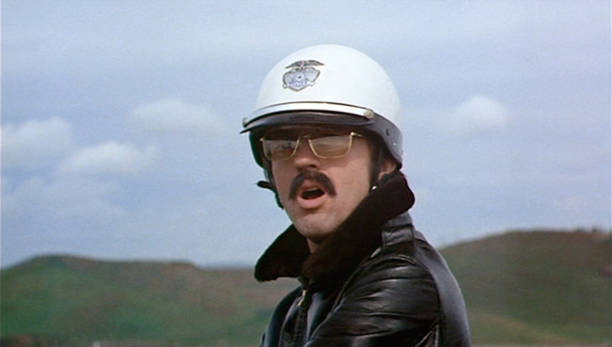
Tom Skerritt has appeared in five films that have been selected for the National Film Registry by the Library of Congress as being "culturally, historically or aesthetically significant": Robert Altman's army satire 'M.A.S.H.' (1970), Hal Ashby's black comedy 'Harold And Maude' (1971), Ridley Scott's creature feature 'Alien' (1979), Tony Scott's aerial adventure 'Top Gun' (1986) and Chris Eyre's social drama 'Smoke Signals' (1998).
Veteran Support : 'The Red Badge Project'
Fun Fact : Tom Skerritt portrayed late family patriarch William Walker in the television series 'Brothers & Sisters' (2006 - 2011), having previously appeared in the pilot episode and shot several flashback scenes for the show. This was his second time playing the on-screen husband of Sally Field; the first was in Herbert Ross' ensemble piece 'Steel Magnolias' (1989).
In the 1980s, Sydney Pollack had directed Field in the crime movie 'Absence Of Malice' (1981). In the 1990s, Robert Redford directed Skerritt in 'The River Runs Through It' (1992), a labour of love concerning faith, family and fly fishing.





